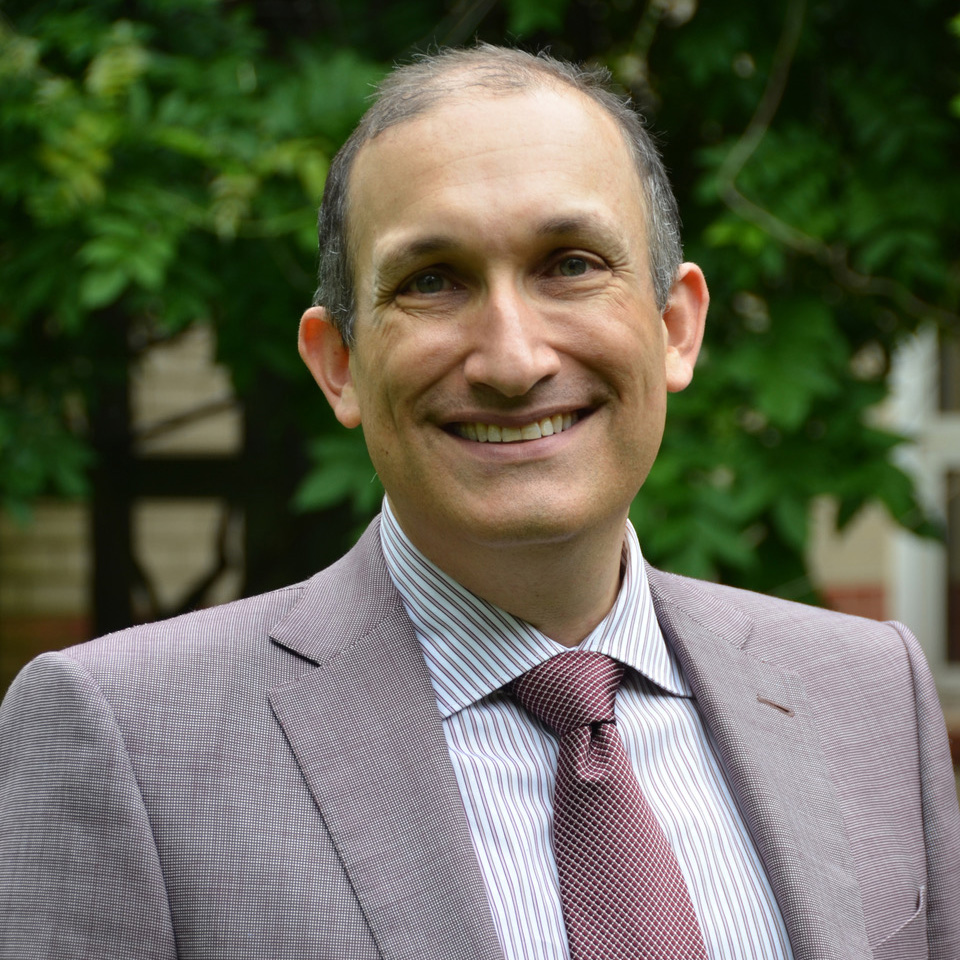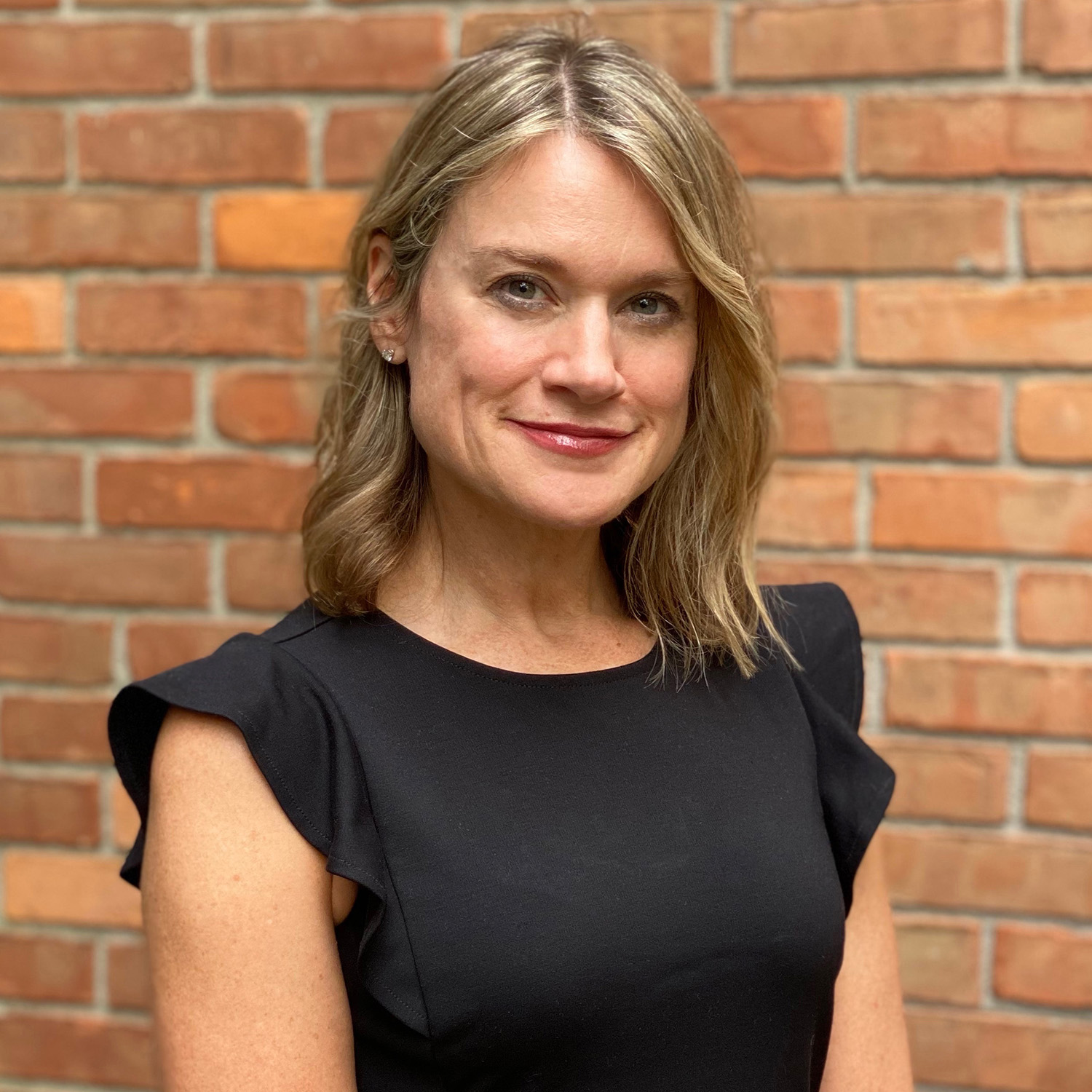J. Scott Yaruss is a professor in the Department of Communicative Sciences and Disorders. He is a practicing speech-language pathologist with more than 25 years of clinical experience, and a board-certified specialist in fluency disorders.
Bridget Walsh is a certified speech-language pathologist and assistant professor in the Department of Communicative Sciences and Disorders. She directs the Developmental Speech Laboratory in the Communication Arts and Sciences building.
Imagine having difficulty ordering your morning coffee, answering the telephone, talking to your friends and even saying your name. This is the reality facing the more than 70 million people around the world who live with stuttering.
Stuttering is a condition in which people have difficulty producing sounds and words smoothly, resulting in moments when they know what they want to say but are, for the moment, unable to say it.
Although these speech disruptions are readily observable by others, the stuttering condition actually involves much more: People who stutter must cope every day with the negative judgments of others as they struggle to make themselves understood. Children who stutter frequently experience bullying in school, and adults face discrimination in the workplace. The result is that many people who stutter experience significant challenges in their lives, well beyond having difficulty producing speech spontaneously and effortlessly.
Because of societal stigma and common misconceptions, many people who stutter try to hide their stuttering from others. They may avoid using words that are harder for them to say; they may choose jobs that do not require them to talk; and, in many situations, they may simply elect not to talk at all, fearing how others will react to the fact that their speech sounds different.
That is why October 22 is such an important day. International Stuttering Awareness Day, or ISAD, provides an opportunity for people who stutter, their families and speech-language pathologists, or SLPs, who specialize in stuttering, to speak up about this unique communication difference in order to help others understand what stuttering is— and what it is not.
Each year on ISAD, organizations around the world host workshops and community events focused on creating a world in which people are more accepting of those who have difficulty speaking. The goal of ISAD is to smash stereotypes by revealing truths about stuttering to counter the many myths surrounding the condition.
Indeed, research has uncovered many important facts about stuttering, including the fact that stuttering arises due to genetic influences and neurological differences, not “nervousness” or anxiety. Research has also shown the true impact of stuttering on people’s lives and highlighted ways of minimizing these negative consequences through appropriate therapy and support.
Faculty in the Department of Communicative Sciences and Disorders here at MSU play an important role in this research. Dr. Walsh is conducting a much-needed study funded by the National Institutes of Health to answer one of the most vexing questions facing SLPs: determining which children are at risk for developing chronic stuttering and are therefore most in need of treatment. Similarly, Dr. Yaruss is conducting an NIH-funded project examining the well-known but poorly studied phenomenon of stuttering variability, that is, the fact that people stutter more in some situations and less in others.
Together with our students and colleagues around the world, we join the international community in working toward the ultimate goals of International Stuttering Awareness Day — to improve the lives of people who stutter and to create a world in which stuttering is no longer stigmatized.

